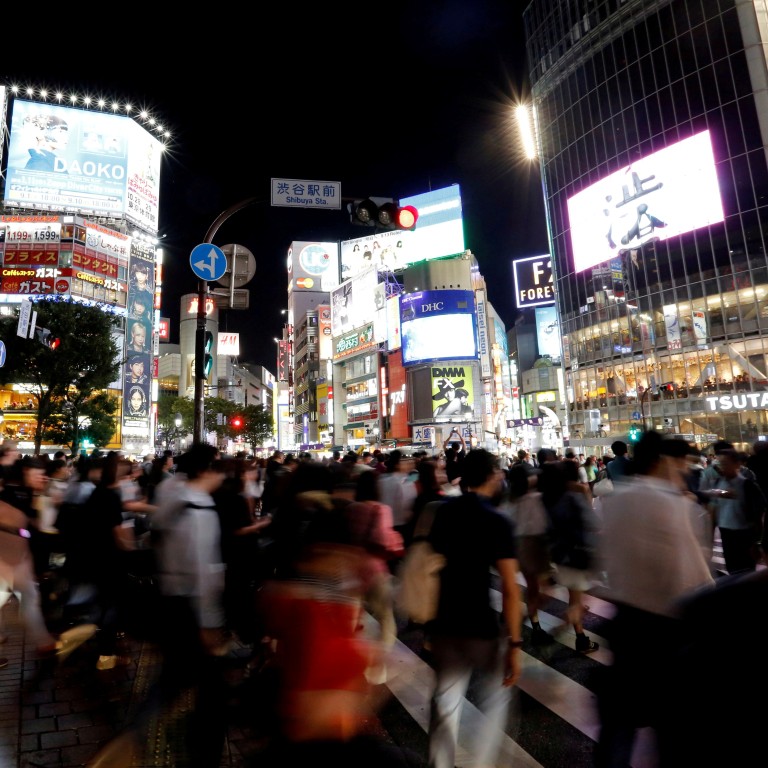
With a global recession looming, will cash-rich corporations swoop to the rescue?
- Central banks and governments are stretched to the limit while big businesses sit on cash mountains that dwarf national economies. In a downturn, they can make investments and retain staff to shore up consumption and the economy. But will they do it?
The idea that big business corporations might emulate the “gods from the wings” of ancient Greek and Roman drama, and offer salvation when all seems lost, may seem far-fetched. And yet many of them are so stuffed with cash that they have the means (if not yet the will) to mount such a rescue.
They can act as a buffer against recession by retaining employees whose redundancy would otherwise put a drag on consumption, adding to recessionary and deflationary pressures. The business environment may not be ideal for investment and hiring, but it will spiral downwards unless someone takes a stand.
A capitalist society has to adapt and change with times
And, BlackRock group chief executive Larry Fink made headlines in a statement last year to corporate CEOs by suggesting that society expects companies to serve a social purpose.
This increases earnings for remaining shareholders and strengthens their corporate control. But aside from reducing a company's market capitalisation, it has the effect of eroding the amount of funds that could otherwise be applied to investment in fixed assets – or to paying higher wages.
Wages have been declining relative to corporate sales and profits, and to GDP in the US and other countries in recent years. As The New York Times put it in August last year, “corporate profits have rarely swept up a bigger share of the nation's wealth, and workers have rarely shared a smaller one”.
US firms funnelled record amounts of cash into stock buy-backs, dividends, capital spending and acquisitions last year. As a result, US corporate cash holdings fell to a three-year low of US$1.7 trillion last year, according to a report from Moody’s Investors Service.
The report found that share repurchases, net of stock issuance, nearly doubled last year to a record US$467 billion, driven by strong cash generation and supported by a US tax overhaul.
What the world can learn from China on wage growth
“In America, investors are much more effective in demanding higher capital returns than their Japanese counterparts; and in Germany, labour consistently succeeds in keeping corporate excess cash reserves as low as possible by demanding the best pay packages in the world,” said Koll.
Anthony Rowley is a veteran journalist specialising in Asian economic and financial affairs

